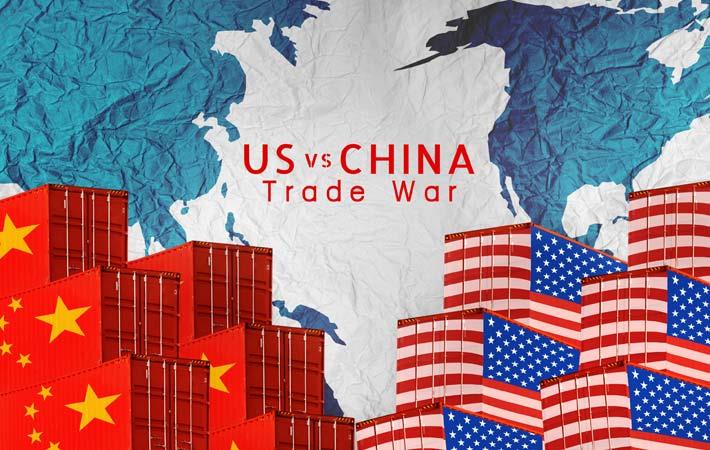Neither the United States nor China is the winner of the trade war, QIMA’s data on production inspection and supplier audit demand in 2019 confirms. While many US buyers moved sourcing away from China, they were not in a hurry to bring manufacturing back home, instead dividing the diverted business between near-shoring regions and China’s Asian neighbours.
As 2020 opens with an array of geopolitical risks ranging from the tensions with Iran, the looming EU trade war, to the protracted Brexit process, 2019’s global trade uncertainty looks unlikely to be eased any time soon, QIMA said.Neither the United States nor China is the winner of the trade war, QIMA's data on production inspection and supplier audit demand in 2019 confirms. While many US buyers moved sourcing away from China, they were not in a hurry to bring manufacturing back home, instead dividing the diverted business between near-shoring regions and China's Asian neighbours.#
Hong Kong-headquartered QIMA is a leading provider of supply chain compliance solutions that partners with brands, retailers and importers to secure, manage and optimize their global supply network.
In 2019, demand for inspections and audits from US brands expanded by 9.7 per cent year on year (YoY) in Southeast Asia (with Vietnam, Taiwan and Myanmar among the top destinations) and by 37 per cent YoY in South Asia, with Bangladesh enjoying renewed popularity.
Meanwhile, China as a manufacturing hub saw overall inspections and audits volumes decrease (minus 3.4 per cent YoY), with the growing demand from other emerging regions not fully compensating for the escape of North American, Australian and, to a lesser extent, European customers, QIMA said in a press release.
While massive re-shoring of manufacturing remains unlikely, both tariffs and non-tariff factors (increasing output costs, the search for adequate manufacturing capacities, and the ever-growing need for supply chain flexibility, to name a few) drove US and European Union (EU) buyers to move significant portions of their sourcing closer to home during 2019.
For American businesses, the near-shoring trend translated to rapid expansion in Latin and South America: inspection and audit demand from US buyers in the region more than doubled in 2019 versus 2018, with Mexico, Peru, Guatemala and Haiti the most popular sourcing destinations.
Meanwhile, EU brands favoured North Africa and the Middle East, with inspection and audit volumes tripling in 2019 YoY compared to 2018. In addition to familiar sourcing grounds like Turkey, Morocco or Tunisia, Egypt also saw double-digit growth in inspection demand.
On-site audits by QIMA show that throughout 2019, ethical and environmental progress in global supply has stagnated as businesses consistently prioritized operational concerns over sustainability. Over 18 per cent of factories audited in 2019 had critical ethical violations, of which almost 40 per cent were related to working hours and wage non-compliances. Violations related to child labour were recorded in 3 per cent of factories, a slight improvement on the 2018 figure.
Ethical performance of specific regions in 2019 mirrored the shifting sourcing geographies: social compliance was more likely to suffer in regions that experienced an influx of buyers. For instance, in Southeast Asia.
Ethical compliance in Chinese factories improved in 2019, with scores recorded by QIMA auditors rising by 5 per cent compared to 2018 averages. The shifting of price-sensitive sourcing to other countries may well be a factor in this: historical QIMA data shows that low-cost and manual-heavy sectors like textiles and apparel are much more prone to ethical violations, compared to industries with higher cost of outputs, better training and more automation.
China continued its long-term trend for incremental improvement in manufacturing quality: 24 per cent of products inspected in Chinese factories were found outside specifications in 2019, compared to 27 per cent in 2018.
Manufacturers in South Asia, despite the region’s reputation for being a quality hotspot, also succeeded at keeping the percentage of defective products under 25 per cent (compared to over 27 per cent in 2018), QIMA added.
Fibre2Fashion News Desk (DS)
